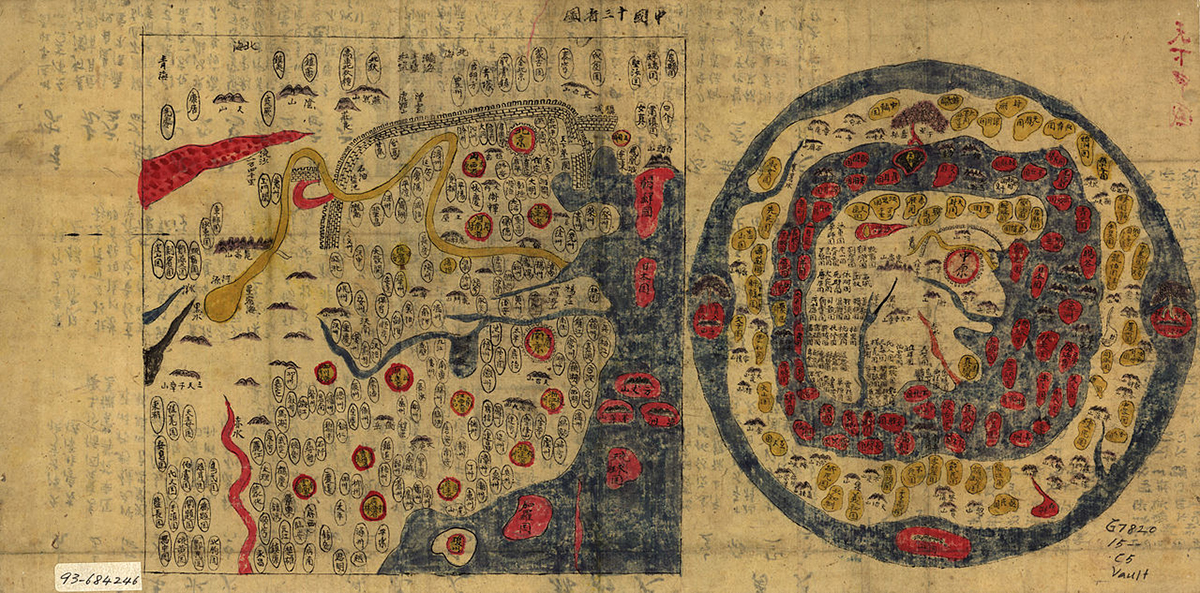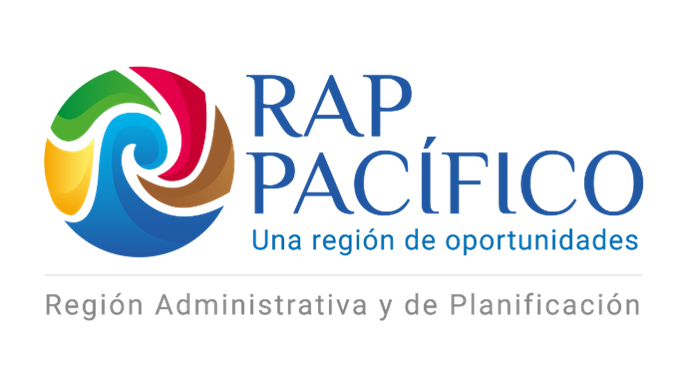
Li Xikui
Secretario general
Chinese People’s Association for Friendship with Foreign Countries.
After 40 years of high-speed development, China has become the second largest economy, just after the United States. In 2016, annual GDP reached 11 trillion dollars, which represents 33.2% of the world's economic development, a figure that puts the country in first place and makes China the leading engine of growth in the global economy.
We must say that the strength of the Chinese economy as a whole cannot be understood without the contribution of all Chinese provinces. China is composed of 34 administrative regions. And each provincial government plays a central administration and guidance role in the economic, social and cultural development of its territory. At the 19th National Congress of the Chinese Communist Party recently held, the Secretary General, President Xi Jinping proposed a strategic plan that should determine the development of the next 30 years: by 2050, coordination and synergy between all provinces is needed to make China a socialist, powerful and modernized country. Why we believe that a prosperous and democratic country needs in-depth research on the role played by the provinces in economic development, accompanied by the right leadership of the central government.
In my opinion, in the general development of the Chinese economy, the provincial government plays four roles: executor, administrator, coordinator and possessor. China has a powerful central government to lead the development of the whole country. Without a strong central government, it would be difficult to have a stable development over a long period of time. The central government sets out short, medium and long-term development planning. These national strategies should be implemented in each province, so that provincial governments play the role of executors of the central government. Therefore, first and foremost, we can define them as executors.
Secondly, China is a country with a vast territory. The conditions of each province are very different. It is impossible to apply a planned and compulsory administration to all administrative regions. This is why the motivation of subjective agency of the local governments, which are responsible for promoting development in all areas, e. g. economic development, society administration, science, education and health, is key.
For a province, the provincial government is like the father of a family who administers all matters within its territory. Therefore, we can define them as administrators.
They also play the role of coordinators. Just as a country needs it, it is essential that the Chinese provinces have exchanges and collaborations with foreign provinces and regions. The central government is in charge of the macro control, but the Chinese provincial governments must coordinate their relations with their counterparts, maintaining good collaborative relationships with provinces, states, and foreign communities. The Friendship Association together with the United States Governors Association, for example, organizes the China and United States Governors Forum. Three successful editions have already been held and the next one will be held in Chengdu, China. From this point of view, the role of Chinese governments has become that of a coordinator.
From 1957 onwards, a process of decentralization began, that is, the jurisdiction and allocation of resources of development models was amplified. First, the provinces were given powers to reform and innovate, then fiscal revenues were allocated so that they could drive improvements that yield economic benefits. The positive effects of this reform and openness have been more than evident.
According to figures from China's National Bureau of Statistics, the Canton province's GDP is close to $1.21 trillion, ranks first in China; Jiangsu, at $1.15 trillion, ranks second. And the growth rate has reached 7.5% and 7.8%, respectively. Provincial governments have the right to control the economic development of their province, and they also have a large amount of economic capital in their jurisdiction, over which they have responsibilities. In this way, the provincial governments play a role of possessors.
At this point it is crucial, when we think of the role played by the Chinese provincial governments in the context of rapid development of the Chinese economy, to talk about coordination between the central and regional governments. We always say that partial interest must be subordinated to general interest, but we cannot consider this an absolute value. Some consides local interest as opposed to national interest. In my opinion, in the process of socialist economic construction in a new era, we have to overcome the old concepts, that is, we have to recognize the local interest but at the same time being in conformity with the policies of the central government, under the instruction of national economic development planning, in order to carry out a coordinated development between both levels.
It must be said that, insofar as ORU-Fogar aims to promote collaboration between international regions to discuss relevant issues, the Friendship Association and ORU-Fogar have overlapping objectives. The Chinese People's Association for the Friendship with Foreigner Countries is a people's organization at the national level of the People's Republic of China, dedicated to people-to-people diplomacy, which aims to promote friendship among peoples, international collaboration, world peace and common development. Through the Federation of China's international sister cities, an organization run by the Friendship Association, 2470 pairs of sister cities have been established among 478 Chinese cities with 513 provinces and 1670 cities in 135 countries around the world. All these ties are an example of the efforts we can make together.













































































